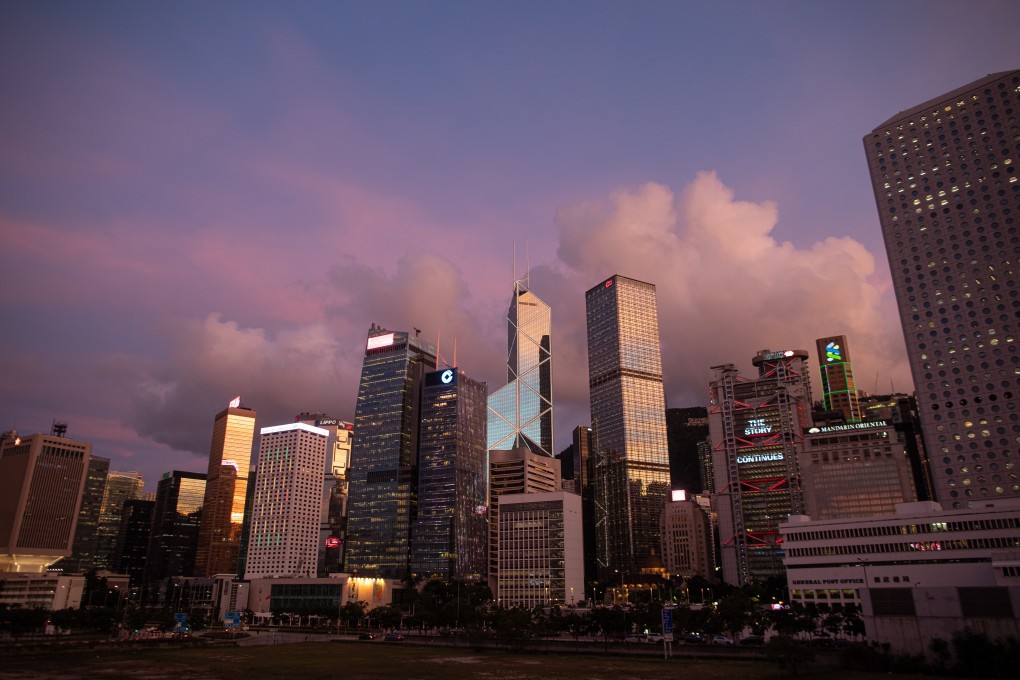Advertisement
Amid the rush to condemn the national security law, let’s count the freedoms Hong Kong still has
- The evidence that Hong Kong’s freedoms have been suppressed is poor. An honest position should be to acknowledge that a security law is needed, and emphasise that Hong Kong’s future depends on Beijing’s respect for its high degree of autonomy
Reading Time:4 minutes
Why you can trust SCMP

I have to confess that I have over the past decades rarely opened the pages of Harper’s Magazine despite its awesome reputation and its formidable 170-year history. But its “Letter on Justice and Open Debate”, released last week and signed by more than 150 prominent literary figures, journalists and academics, caught my eye, and seems to have stirred a storm.
Its publication, unsurprisingly, has been triggered by alarming changes in the US, as the country prepares for what seems likely to be the most vicious presidential election campaign on record, and as the Black Lives Matter campaign convulses the entire society over race and inequality.
“The forces of illiberalism are gaining strength throughout the world and have a powerful ally in Donald Trump, who represents a real threat to democracy,” the letter said.
Advertisement
But the letter is not just for American readers. It has resonance across the world, and provides food for thought even here in Hong Kong, where ferociously judgmental debates are breaking out over the new national security law, and where we watch in shock as Western opinion leaders who should know better have with scant logic assailed China as an existential global threat, and the source of most of the 21st century’s significant evils – not least preposterous claims from the likes of Trump adviser Peter Navarro that China deliberately unleashed the Covid-19 pandemic on the world.
When the letter talked about “an intolerance of opposing views, a vogue for public shaming and ostracism, and the tendency to dissolve complex policy issues in a blinding moral certainty”, the force of the words must surely have reverberated everywhere.
Advertisement
Advertisement
Select Voice
Select Speed
1.00x
